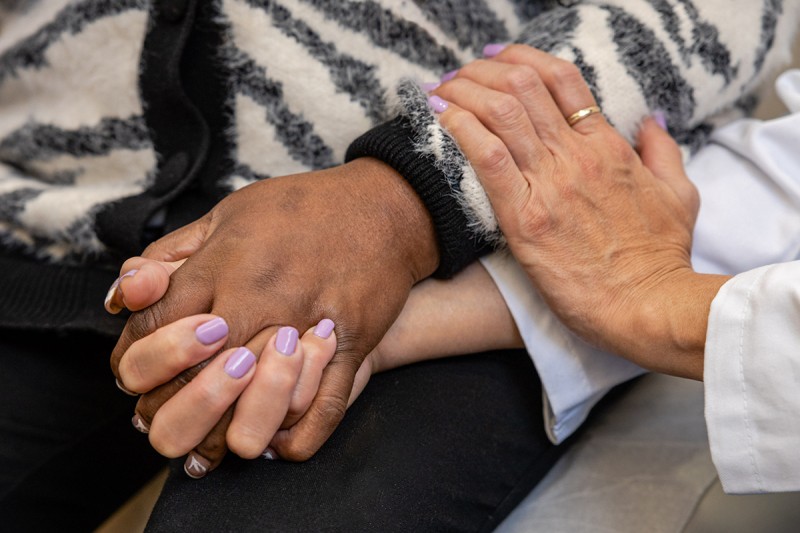
For some people with blood cancer, getting a stem cell or bone marrow transplant from a donor offers the best chance of a cure. It’s called an allogeneic transplant. But finding a donor who’s the right match can be difficult for many people — especially those of southern European, Asian, African, Hispanic, Middle Eastern, or mixed ancestries.
There’s a promising alternative — a transplant using blood from the umbilical cord and placenta of a healthy newborn baby.
Some of the benefits include:
- Cord blood cells, even if a less-than-perfect match, can be transplanted safely, because a baby’s immune system is less developed and therefore less likely to recognize the patient’s body as foreign.
- Cord blood cells are also very good at fighting cancer, so they can help prevent a person’s cancer from returning after their transplant.
- Because cord blood cells are stored frozen in public cord blood banks, they are available quickly for patients who urgently need a transplant.
The Cord Blood Transplantation Program at Memorial Sloan Kettering Cancer Center (MSK) is one of the most active programs in the world. Nearly 400 adults and children have received cord blood transplants at MSK. More than half of them have non-European ancestry.
Here are just a few whose lives have been saved because of newborn cord blood that was donated to a public bank.
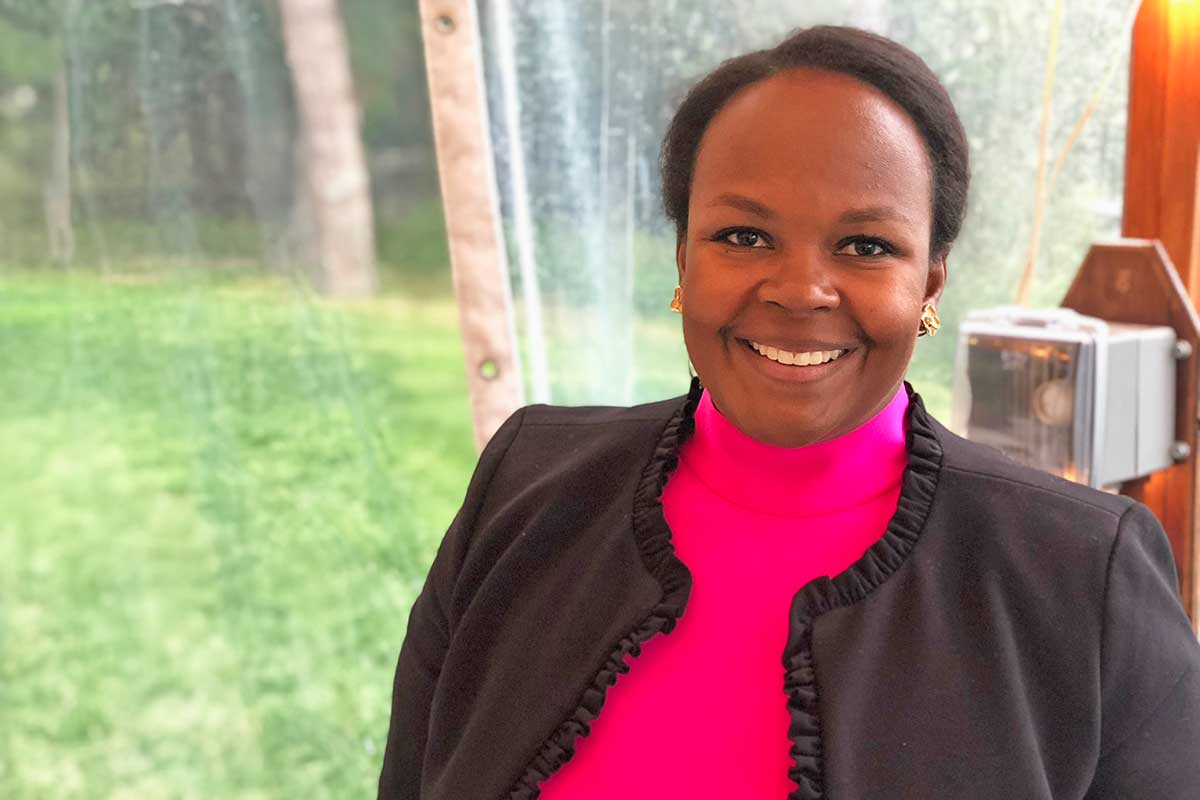
Kirsten Riemer, 41
Ancestry: African American and Creole
Diagnosed with acute myeloid leukemia in 2016; received a cord blood transplant in 2016.
I’ve made a full recovery now, but having a transplant is such an all-consuming experience. You go through so many peaks and valleys. When I was sick, I prayed so hard for a normal life. My goal was just to get back to being me. My son was 3 years old when I was diagnosed, and I wasn’t able to see him the entire time I was on the transplant floor. He’s almost 10 now. Last summer, we visited five national parks.

Ali Abouzari, 67
Ancestry: Persian
Diagnosed with acute myeloid leukemia in 2009; received a cord blood transplant in 2010.
I’ve sold two start-ups. All three of my children have gotten married, and I now have three grandchildren. My wife and I moved from Pennsylvania to Naples, Florida, where I walk five miles on the beach every day. My son recently gave me an ancestry test, and it said I was only about 10% Persian. The rest of my DNA results came back as Scottish and British, from the baby girl whose cord blood I received.
Call 877-836-ABMT (2268)
Monday to Friday, 8:30 a.m.- Eastern Time
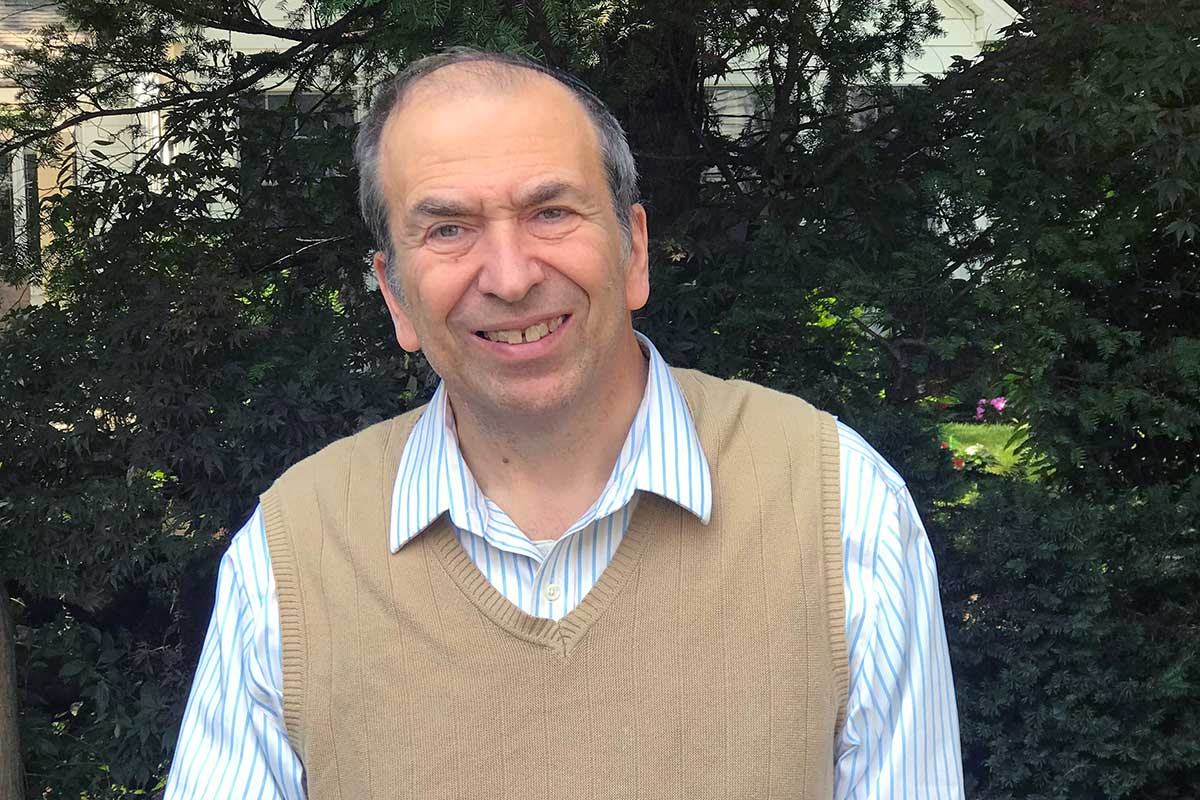
Stuart Apfel, 63
Ancestry: Ashkenazi (Eastern European) Jewish
Diagnosed with acute lymphoblastic leukemia in 2017; received a cord blood transplant in 2018.
Find a really good oncologist, someone who is attentive and familiar with all the treatment options. MSK has doctors who have received training specifically to be at the forefront of cord blood transplants. They are so dedicated to their work.
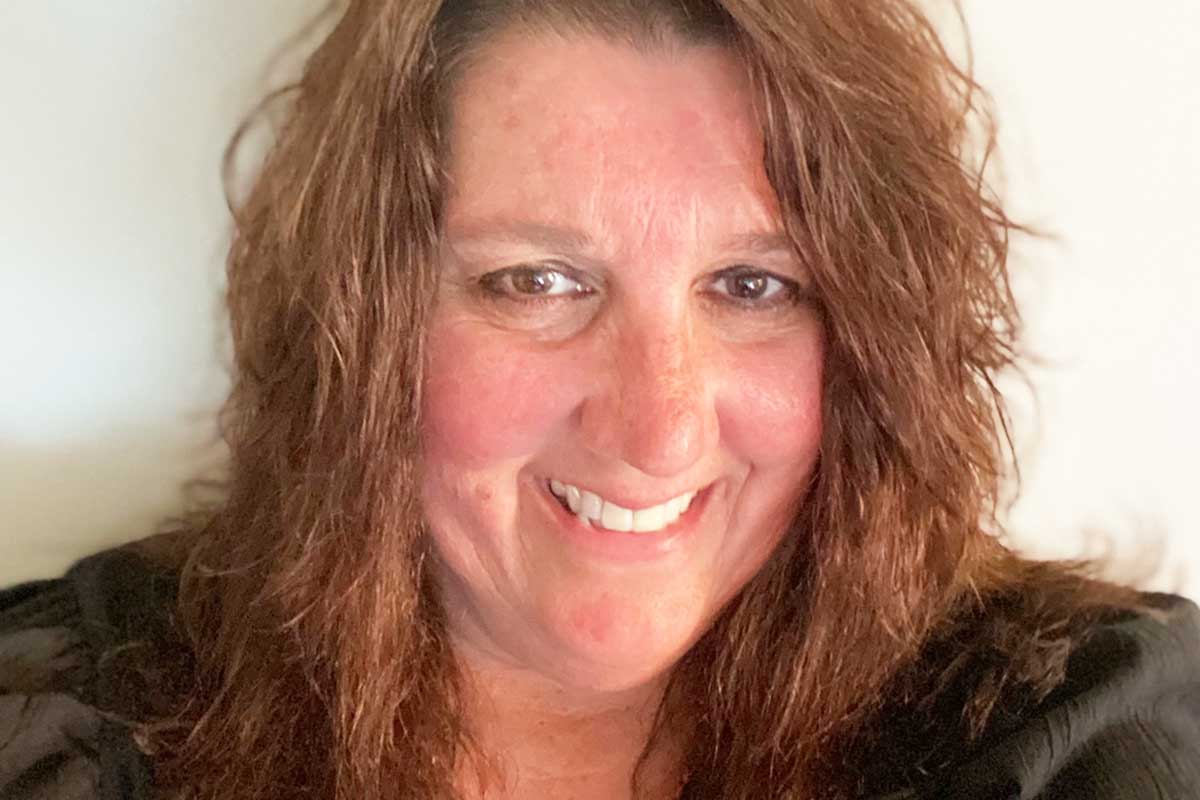
Donamarie Gerardi, 52
Ancestry: Southern Italian
Diagnosed with diffuse large B cell lymphoma and chronic lymphocytic leukemia in 2001; received a cord blood transplant in 2006.
Before my transplant, I didn’t know about donating cord blood. Some people choose to store their baby’s cord blood for their own possible use in the future, but that’s very expensive. For those who don’t plan to do that, I want them to know they can put it in a public bank. Please donate it. Don’t let them just throw it away; it’s something that can save lives. I know, because it saved mine.
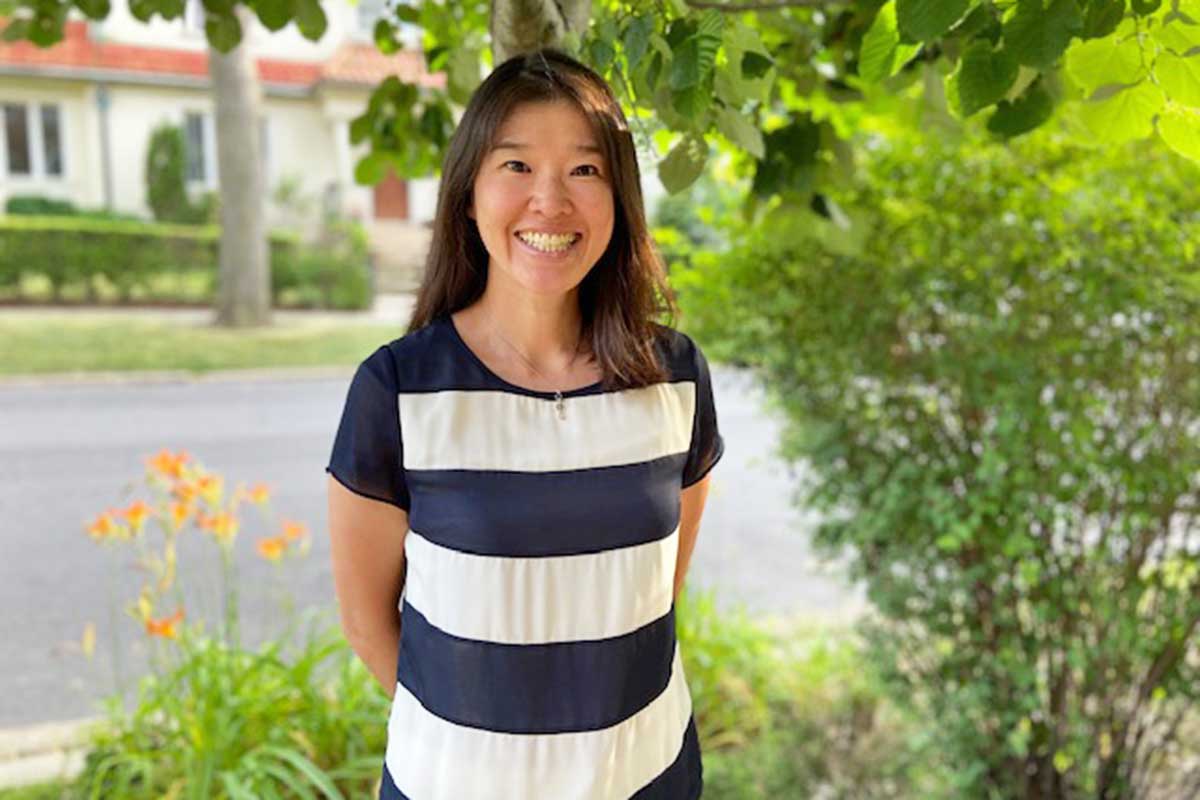
Wincheng Lin, 41
Ancestry: Chinese
Diagnosed with acute leukemia in 2006; received a cord blood transplant in 2009.
For my five-year cancer anniversary I wanted to give something back, so I joined the Leukemia & Lymphoma Society’s Team in Training Cycling Team. I raised funds for cancer research, was able to make new friends, and completed a 100-mile bike ride in Lake Tahoe. That experience completely changed my life, and I’ve become an avid cyclist since then. I did not take this new chance at life for granted and embraced the miracle and joy of an active lifestyle. I completed my first half Ironman triathlon in 2022, with more to come!
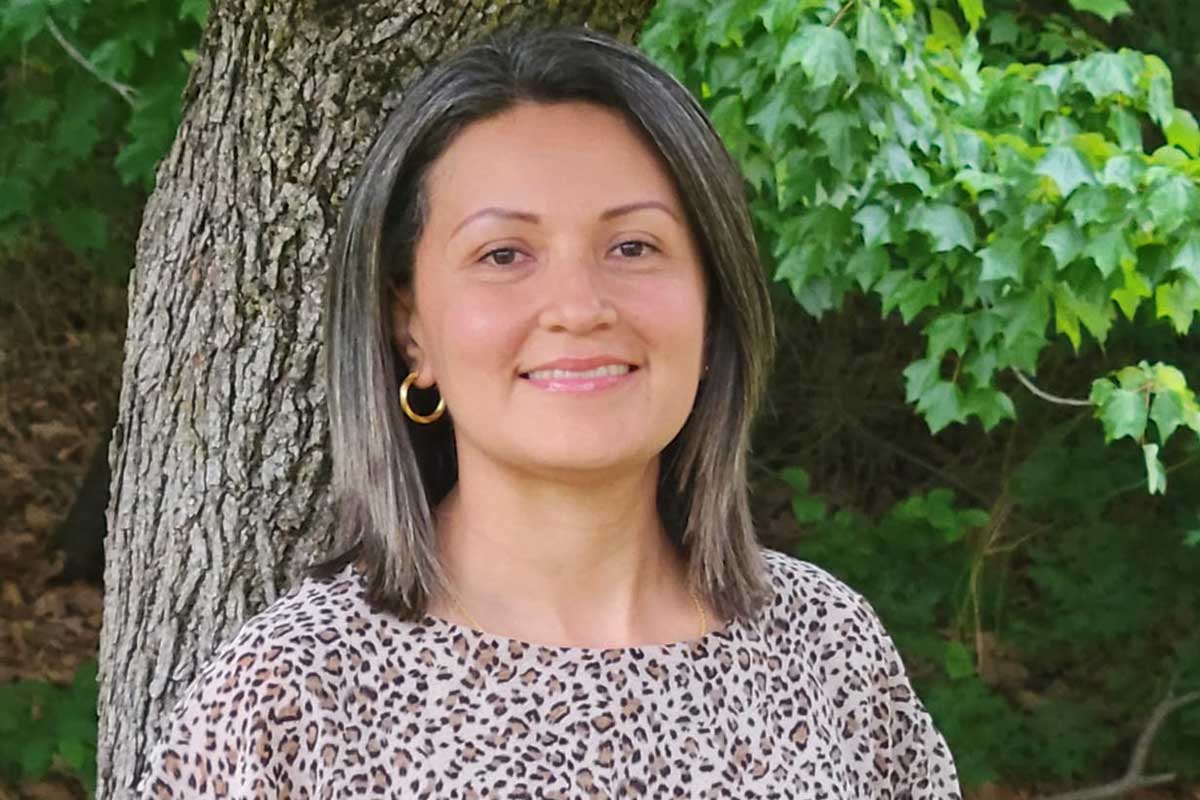
Keelly Nieves, 41
Ancestry: Colombian
Diagnosed with myelodysplastic syndrome in 2020; received a cord blood transplant in 2020.
I still remember the first time I met with my doctors at MSK. I believed that they would help me get better. To me, it was a miracle from God. After I recovered from my transplant, I found a mole on my leg that turned out to be melanoma. Danielle Bello at MSK did my surgery. It was stage 1, and everything is clear now. I’m so happy with all the treatment that I’ve received from everyone at MSK.
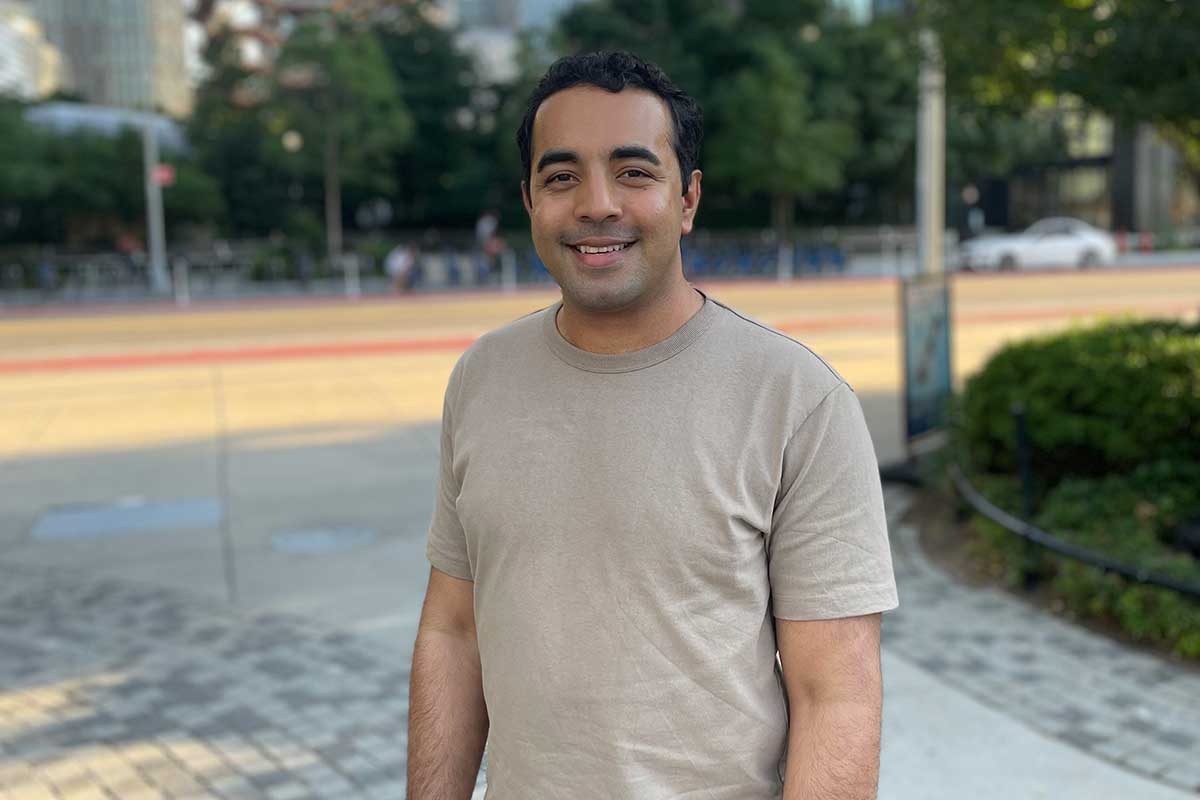
Ankit Sundaram, 33
Ancestry: Indian
Diagnosed with acute myeloid leukemia in 2019; received cord blood transplant in 2019.
Doctors at another hospital told me they could do a transplant with my brother’s stem cells, but he was only a half-match. My understanding was that even though recovery would take longer with a cord blood transplant, I was less likely to have a relapse. I feel very good about my choice. Not only is everyone at MSK top-notch in terms of the treatments they offer, but they truly care.
Learn more about how to donate umbilical cord blood from Be the Match®, operated by the National Marrow Donor Program.®